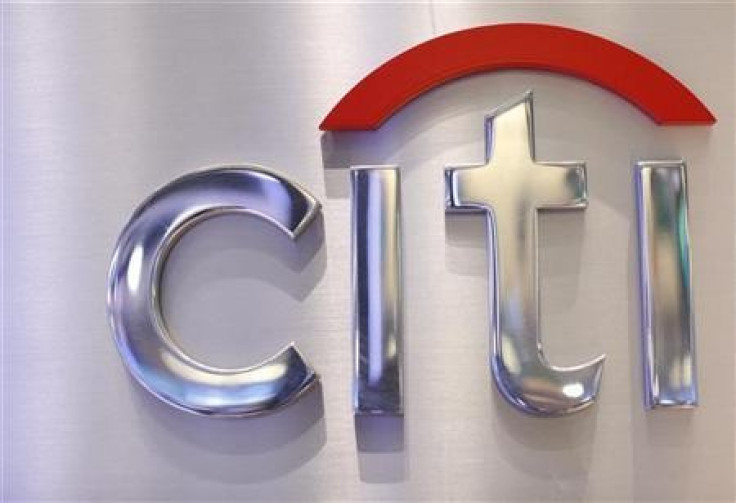CFTC Charges Ex-Citigroup Trader John Aaron Brooks with $42.4m Ethanol Futures Fraud

Citigroup has confirmed that the trader charged with ethanol futures contract fraud by the Commodity Futures Trading Commission worked at the bank at the time.
In a press statement by a spokesperson, US citizen John Aaron Brooks, who is alleged to have defrauded the bank out of $42.4m (£26m, €31m) while trading ethanol futures contracts in 2010 to 2011, worked at the investment bank at the time.
The CFTC confirmed that Brooks "effectuated his scheme by inflating the value of New York Mercantile Exchange Chicago Ethanol (Platts) Futures contracts to conceal trading losses he was incurring."
"The losses concealed ultimately grew to cause the bank and its affiliate to suffer over $40m in realised losses before Brooks' fraud was detected, leading to his termination."
While the regulator also confirmed that the civil complaint, filed 27 September in the U.S. District Court for the Southern District of New York, that Brooks was a director "in the commodities business of the bank affiliate", it did not name the bank he was employed with at the time.
"[Brooks] knowingly entered false inflated prices into an internal trade booking and valuation computer software system to effectuate his scheme to conceal trading losses," said the statement.
The commodities market watchdog added that the CFTC is seeking a a civil monetary penalty, restitution, trading and registration bans, and a permanent injunction prohibiting further violations of the federal commodities laws, as charged.
Energy and Commodities Market Manipulation
Regulators are cracking down on alleged energy market manipulation across the globe.
Analysts at firms such as ICIS Heren, Platts and Argus, would call up traders and brokers daily to ask and receive bid prices on a number of energy markets across Europe, including gas, power, oil, carbon and other energy products, such as ethanol.
The analysts would then place the collection of bids into a report, which would then generate an average price and daily analysis for the market, and send this out to clients who would participate in specific energy contracts.
Reports produced by these companies are extremely important to the wider market, as benchmark prices are based on these generated independent average prices and could cost or save companies millions of pounds when they buy or sell to meet hedging demands or to physically stock their energy requirements.
In the US, the Federal Energy Regulatory Commission (Ferc) ordered JPMorgan to pay $410m for violating rules and manipulating the physical power markets.
Earlier the same month, Ferc ordered Barclays and four of its traders to pay $453m in total fines for rigging physical electricity markets.
In the UK, the Financial Conduct Authority (FCA) has launched a probe into allegations made by a whistleblower that British traders were rigging wholesale gas prices, which in turn would manipulate the pricing of Europe's largest gas market worth £300bn.
The allegations stem from a pre-recorded video interview with the Guardian newspaper, when the whistleblower from independent energy pricing house ICIS Heren said that "traders submitted erroneous bids and offers to skew the end-of-day price of a key gas contract."
The case is U.S. Commodity Futures Trading Commission v. John Aaron Brooks, U.S. District Court, Southern District of New York, No. 13 CV 6879.
© Copyright IBTimes 2024. All rights reserved.






